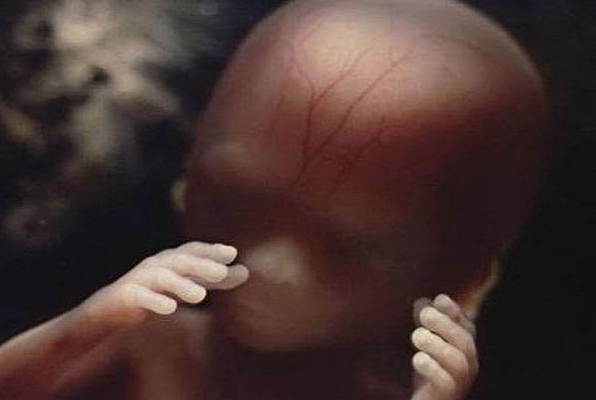Mississippi leaders are fighting on multiple fronts to restore legal protections for unborn babies.
Since 2018, state lawmakers have passed two abortion bans, one at 15 weeks and one after an unborn baby’s heartbeat is detectable, in the hopes of the U.S. Supreme Court upholding at least one of them. Neither law currently is in effect because of legal challenges.
On Monday, lawyers for state Attorney General Jim Hood’s office defended the 15-week abortion ban in front of the Fifth Circuit Court of Appeals, according to the Catholic News Agency.
They argued that abortions are more risky to the mother in the second trimester, and the state has a duty to protect unborn babies who are, by this stage, nearly fully formed. The AP reports they also argued that unborn babies are capable of feeling pain by 15 weeks and should be spared from painful abortion deaths.
Gov. Phil Bryant, a pro-life Republican who signed the 15-week ban in 2018, also filed arguments to support the law, according to the report.
“By prohibiting the taking of preborn life after 15 weeks gestation, Mississippi exercises its right to affirm the value of human life at all stages, but particularly at a stage when a preborn baby has all the physical attributes of a child after birth and only needs additional time to grow to survive outside its mother’s womb,” wrote John Bursch, Bryant’s attorney and a former Michigan solicitor general.
HELP LIFENEWS SAVE BABIES FROM ABORTION! Please help LifeNews.com with a year-end donation!
Bryant previously said he wants Mississippi to be “the safest place in America for an unborn child.”
State records show about 200 abortions a year are performed on babies between 15 and 20 weeks of pregnancy.
The Center for Reproductive Rights and Jackson Women’s Health, the only abortion facility in the state, are challenging the law.
“With respect to the State’s purported interest in maternal health, the Supreme Court has held that, until viability, it is for a woman, and not the State, to compare the risks of pregnancy and childbirth and abortion, among other factors, in deciding whether to terminate or continue a pregnancy,” wrote Hillary Schneller, an attorney for the pro-abortion groups.
In November, Judge Carlton Reeves of the Southern District of Mississippi blocked the law, arguing it “unequivocally” violates a woman’s right to an abortion.
Reeves, who was appointed by pro-abortion President Barack Obama, lobbed sharp criticisms at pro-life advocates, including false claims that they do not really care about women or babies. Instead, the judge claimed to understand pro-life advocates’ real motivations: “controlling women and minorities.”
Current Mississippi law bans abortions after 20 weeks, which is the most states are allowed to do under U.S. Supreme Court rulings. Roe v. Wade and subsequent rulings prohibit states from banning abortions prior to viability. Pro-life lawmakers hope the U.S. Supreme Court eventually will accept one of these legal challenges and allow states to begin protecting unborn babies again.








